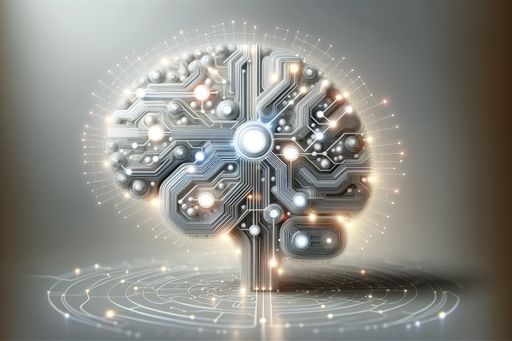The Flaw That Could Ruin Generative AI
A technical problem known as 'memorization' is at the heart of recent lawsuits that pose a significant threat to generative-AI companies.

Leading AI models depend on copyrighted material
OpenAI recently admitted that 'leading AI models' cannot exist without access to copyrighted books and articles. This confirms that the generative-AI industry relies on creative work owned by others.
While AI companies claim that generative AI 'reads' or 'learns from' these materials, lawsuits argue that large language models can actually 'memorize' and reproduce copyrighted text without permission. This challenges the fair-use argument.
Two lawsuits, filed by Universal Music Group and The New York Times, highlight the issue of 'memorization' and its impact on the fair-use argument.
The threat to generative-AI companies
The lawsuits pose a significant threat to generative-AI companies, which have relied on the assumption of fair-use to develop their products.
If courts rule against the fair-use argument, AI companies may be liable for copyright infringement and could face legal consequences.
The outcome of these lawsuits could have a massive impact on the generative-AI industry, which is worth tens of billions of dollars.
The future of generative AI
The lawsuits raise questions about the future of generative AI and the ethics of using copyrighted material in training models.
AI companies may need to find alternative methods or sources of data for training their generative models to avoid potential copyright infringement.
Ultimately, the resolution of these lawsuits will shape the direction of the generative-AI industry and its relationship with copyrighted material.



